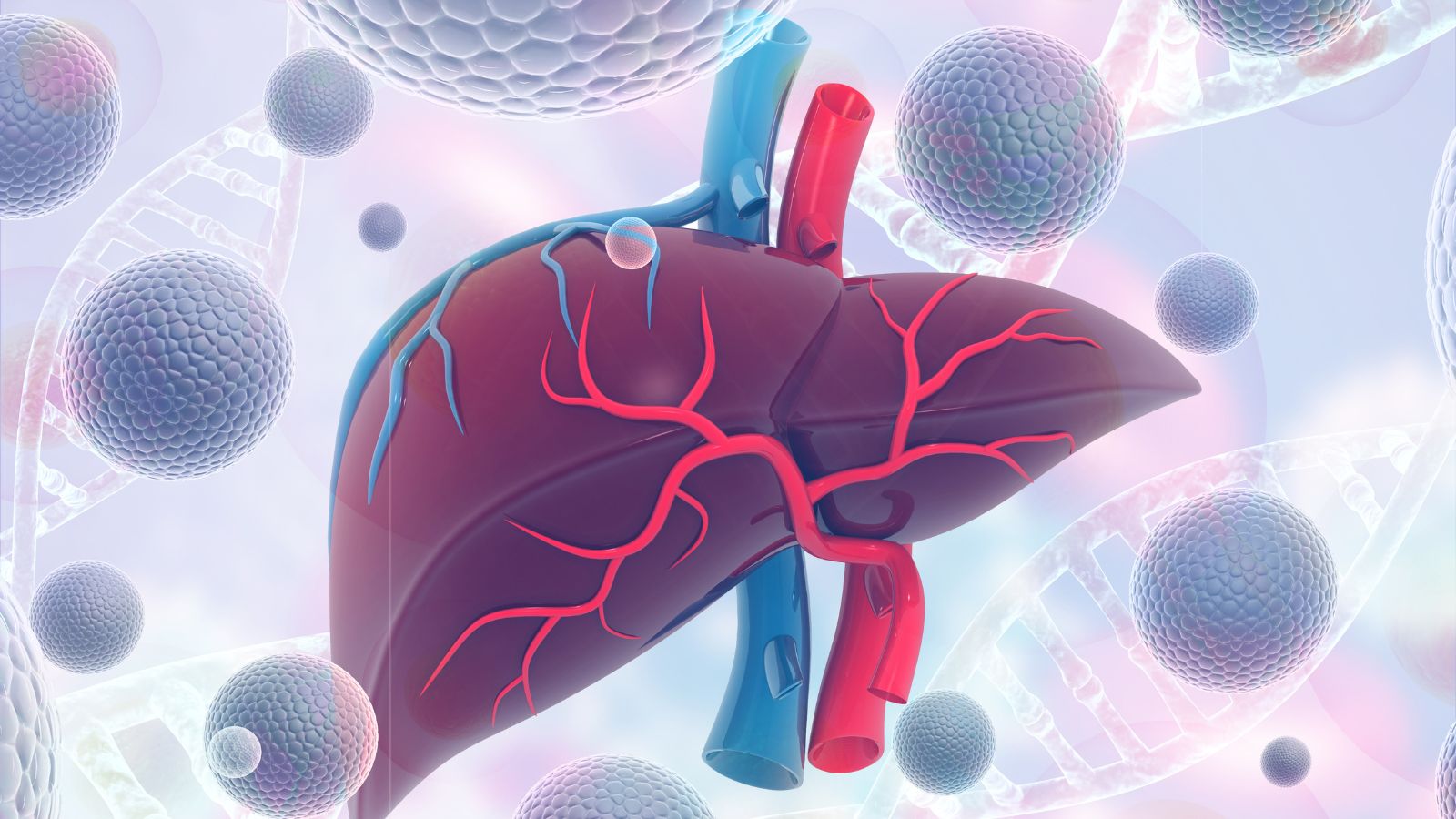Convenience foods, like chips, frozen meals and fast foods, are easy options when we’re leading busy lifestyles. But, while faster foods have their benefits, they also come with hidden health risks that go beyond what meets the eye. From a lack of sleep to increased chances of developing heart disease, we look at 20 health risks associated with heavily processed foods:
High Blood Pressure from Excess Sodium

Many convenience foods, especially frozen meals, canned soups and deli meats, contain high levels of sodium. Too much salt in your diet can cause severe damage to your blood vessels, as they become and may potentially lead to heart disease and stroke.
Increased Risk of Heart Disease from Trans Fats

Trans fats, commonly found in packaged pastries, margarine and fried fast foods, are known to raise “bad” LDL cholesterol levels while lowering “good” HDL cholesterol. One of the main causes of death worldwide, heart disease, is greatly increased by this unhealthy combination of fats.
Obesity Linked to High-Calorie Content

Convenience foods are often calorie-dense and lacking in nutrients, which contributes to excessive calorie intake without providing nutritional benefits. Regular exceeding your recommended daily calorie intake can lead to weight gain, which are risk factors for chronic diseases such as obesity and diabetes.
Type 2 Diabetes from Added Sugars

Many convenience foods like candy and dried fruit are loaded with sugar, which spike blood sugar levels. Over time, spikes in sugar levels may lead to insulin resistance and an increased risk of type 2 diabetes.
Digestive Issues Due to Low Fiber Content

Most convenience foods are low in dietary fiber, which is essential for healthy digestion.Constipation, digestive pain, and an elevated risk of gastrointestinal diseases like diverticulitis can result from a diet deficient in fiber.
Bone Health Problems Due to Low Nutrient Density

Convenience foods often lack essential nutrients like calcium and vitamin D, which are crucial for maintaining strong bones. To avoid developing weak bones and osteoporosis, adults should consume 1,000 mg of calcium per day and 15 mcg of iron, which you will get from foods such as milk, greens, oily fish, seeds and eggs.
Increased Cancer Risk from Processed Meats

Processed meats, including sausages, bacon and hot dogs, often contain preservatives like nitrates and nitrites, which have been linked to an increased risk of colorectal cancer. While the occasional consumption of processed meats is ok, eating it several times a week over a long period can lead to long term health issues.
Liver Damage from High-Fructose Corn Syrup

High-fructose corn syrup, commonly found in sodas and sweets, is metabolized by the liver and can lead to non-alcoholic fatty liver disease (NAFLD) when consumed in excess. NAFLD can cause liver inflammation, scarring and even liver failure over time.
Increased Risk of Inflammation from Refined Carbohydrates

Refined carbs, such as those in white bread, crackers and many baked goods, are quickly digested, causing blood sugar spikes and contributing to inflammation in the body. Numerous illnesses, such as arthritis and heart disease, have been connected to chronic inflammation, which is not something most people think of when eating snacks.
Poor Dental Health from Sugary Snacks and Beverages

Sugary convenience foods promote the growth of harmful bacteria in the mouth, leading to cavities and gum disease. Frequent consumption of sodas, candies and sweetened snacks increases the risk of tooth decay and oral infections.
Weakened Immune System from Low Nutrient Content

Fast foods are often low in vitamins and minerals that are essential for immune function, including vitamins C, A and zinc. A weakened immune system makes it harder for the body to fight off infections and recover from illness, so if you eat a lot of convenience food rather than nutritious meals you may be ill more frequently.
Hormone Disruption from BPA in Canned Foods

Bisphenol A (BPA) is a chemical often found in the lining of canned foods, which can leach into the food. Exposure to BPA, a chemical that affects hormones, has been linked to a number of health issues, including obesity, reproductive difficulties, hormone imbalances and some types of cancer.
Mood Swings Issues from Artificial Additives

Many convenience foods contain artificial colors, flavors and preservatives which can have adverse affects on mental health. Research into preservatives is ongoing but some studies show they may increase behavioral problems such, hyperactivity and mood swings, particularly in children.
Skin Problems from High-Glycemic Foods

High-glycemic convenience foods like chips, sweets and white bread can cause insulin spikes, which may lead to hormonal changes that aggravate acne and other skin issues. Consuming these foods regularly can worsen skin health and increase the risk of inflammation-related skin conditions.
Increased Anxiety from Caffeine and Sugar

Many convenience foods, such as energy drinks and sugary sodas, contain caffeine and sugar. Both can lead to increased heart rate and anxiety symptoms, especially when consumed in large amounts or frequently throughout the day.
Decreased Brain Function from Omega-3 Deficiency

Omega-3 fatty acids, found in foods like fish and nuts, are essential for brain health, but are often absent in convenience foods. A diet lacking in omega-3s can negatively affect memory, focus and mood, and may contribute to cognitive decline.
Compromised Kidney Health from High Sodium and Phosphates

High sodium and phosphate levels, which are common in processed foods, can put a strain on the kidneys. Excessive consumption of phosphate over time has been associated with kidney stones and chronic renal disease, according to various research including one by the National Institutes for Health.
Respiratory Issues from Excessive Sugar and Preservatives

High sugar and preservative intake have been linked to respiratory problems, such as asthma. According findings, kids who eat more processed foods and sugary drinks are more likely to develop asthma and other respiratory conditions, as well as dental problems.
Sleep Disturbances from Caffeine and High Sugar Content

Foods high in sugar and caffeine, such as soda and chocolate, can disturb your sleep patterns, causing chronic fatigue. Eating too late means you are likely to go to bed later than you should and have a poor night’s sleep, both of which impact your mental and physical well-being.
Increased Risk of Allergies and Food Sensitivities

Processed foods often contain artificial ingredients, preservatives and allergens like gluten and dairy, which can trigger or exacerbate food allergies and sensitivities. This may eventually result in immunological responses and chronic inflammation, exacerbating the symptoms of food intolerance.
18 Reasons Why People Are Leaving Florida in Masses

Exploring factors that impact the desirability of living in Florida, this list delves into various challenges shaping residents’ experiences. From environmental concerns like rising sea levels to economic factors such as fluctuating job markets, these issues collectively contribute to a nuanced understanding of the state’s appeal.
18 Reasons Why People Are Leaving Florida in Masses
